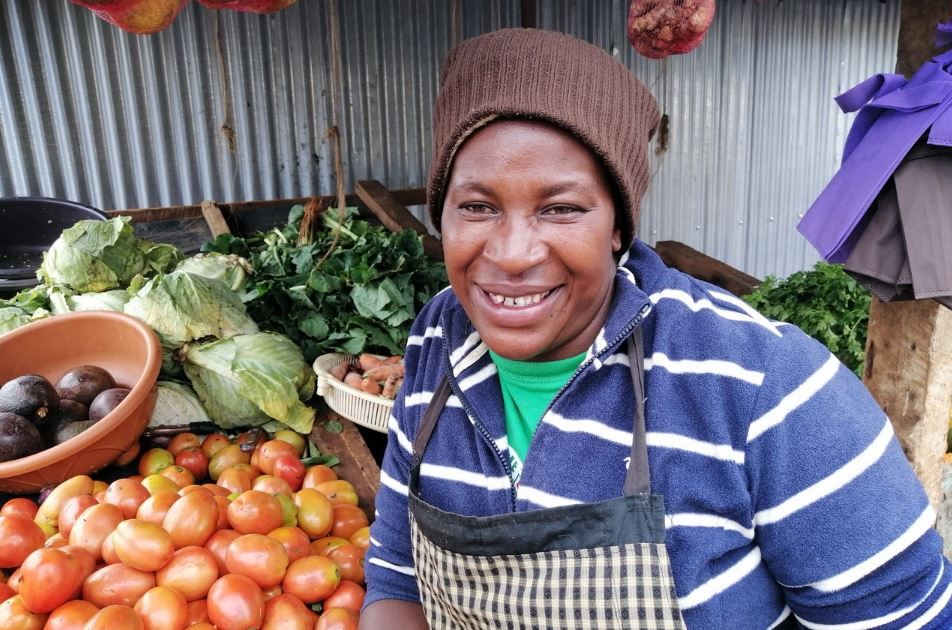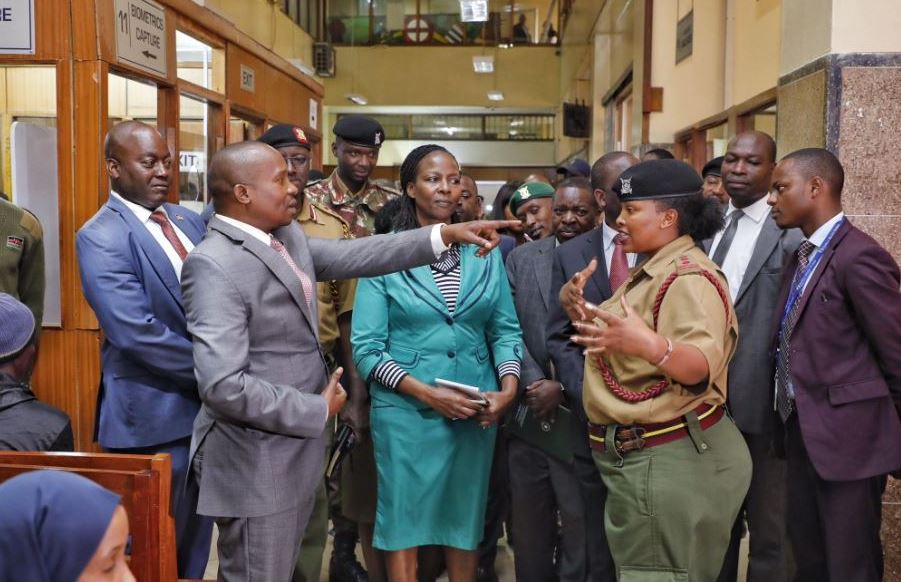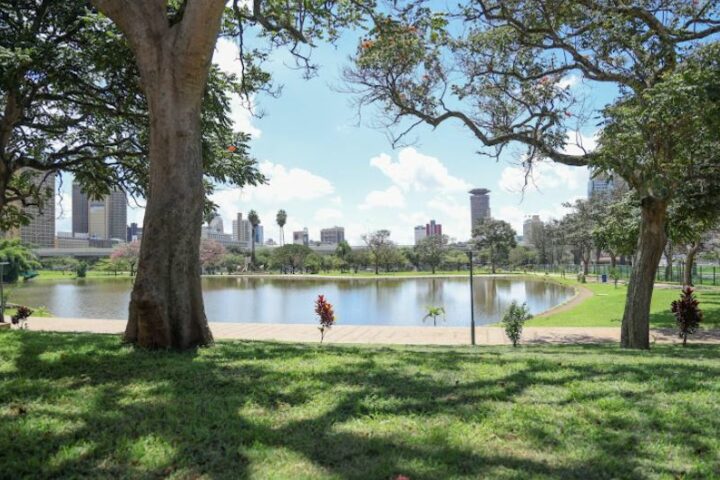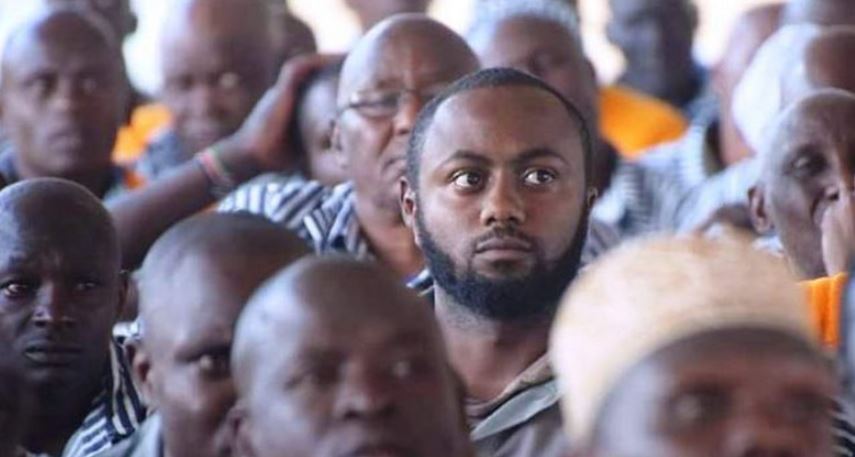
Hundreds of millions of people around the world are estimated to have lost their jobs in the past few months.
Here in Kenya, the number of people who lost their livelihoods is estimated at over one million. A report by the Kenya National Bureau of Statistics (KNBS) revealed that the jobs crisis deepened between May and June, a period when the percentage of Kenyans without meaningful employment went up from 49.9 percent to 61.9 per cent.
To put it bluntly, 6 out of 10 adult Kenyans are unemployed; over 13.8 million of them.
Although Kenya’s data collection and analysis is famously flawed, it is clear how dire the situation is.
As a result of less money in our pockets, the country has seen record numbers of rent defaulters, with many especially in the capital Nairobi opting to move back up-country where the cost of living is much lower.
A few landlords gave rent rebates, holidays or discounts at the height of the pandemic, but that was neither enough for the broke tenants, nor sustainable for the loan-servicing landlords. Not only the real estate market was hit hard. If we take a look at what businesses “survived” the draconic actions that were taken to mitigate the virus, we’ll mostly see digital services companies, big website owners such as the best online casinos in Kenya and e-commerce empires. The existence of those businesses had a big positive impact on the economy as more people spent their money there which resulted in increased taxes income for the government.
Kenya was one of the countries that were somewhat spared the worst of the Coronavirus. Even at our peak, less than 10 people died on any single day. While this has been the case in many African countries, Kenya’s president Uhuru Kenyatta was faulted for taking draconian actions to mitigate the spread of the virus.
A frequently cited example has been Tanzania, which barely closed down its economy. While Covid cases in that country are no longer publicly reported, the predicted mass graves are nowhere to be found.
Kenya’s cases are now decreasing rapidly. We are now consistently recording less than 100 positive cases a day, which is reason to re-open the country fully.
President Kenyatta is scheduled to give directives in a week’s time, but there are already sections of Kenyans who think he should speak sooner.
Nobody expects anything short of a full re-opening this time round. Kenyans are tired and broke.
For the last several weeks, the night time curfew has become more of a guideline or suggestion than anything to be taken seriously. The nights are vibrant once again, demonstrating clearly that people want to resume their normal lives.
Keg joints that are supposed to be closed now operate with full permission from law enforcement. And many of them are still open hours after the 9 pm curfew.
Many night clubs are also operating, flouting all Covid rules. And who can blame them?
After all, European football, sport betting/gambling, have resumed. Although as we stated above gambling is a bit different – some gambling sites in Kenya saw an increase in their casino section along with the decrease in the sports betting. Also, this is the time when night clubs make most of their money.
While many are operating on the guise of offering food and non-alcoholic drinks only, the reality is anything but.
The re-opening of this industry will particularly be welcome by the tens of thousands of Kenyans who get their livelihood from it. The closure of night clubs was the most drastic of moves by the president, and this rendered thousands of waiters, DJs, bouncers etc. completely jobless.
It has been hell for them.
Closely related is the tourism and hospitality industry which was also another of the most affected industries. Major hotels made news when they were forced to lay off hundreds of workers. But it is the ‘no-name’ hotels and restaurants that actually employ the most people.
Many have opened up partially, and are particularly looking forward to the president’s directive on full re-opening.

This was particularly hard for drivers who made most of their trips at night, especially from revelers on weekends. Operating hours have since been extended, but a full re-opening will be very much welcome by this lot.
Although the economy is expected to return to usual soon, there are still questions on whether things will truly be like before. For instance, Kenyans have developed new drinking habits, choosing to engage in alcohol in houses or open air fields from the boot of their cars.
It remains to be seen for example whether they will instantly flock back to night clubs in previous numbers, or whether it will take some time, or whether we’ll even get back to old numbers.
As for the rest of the economy, the financial beating most Kenyans have experienced will leave businesses suffering for months to come. Jobs will not come back immediately and money will not magically return to our pockets.






